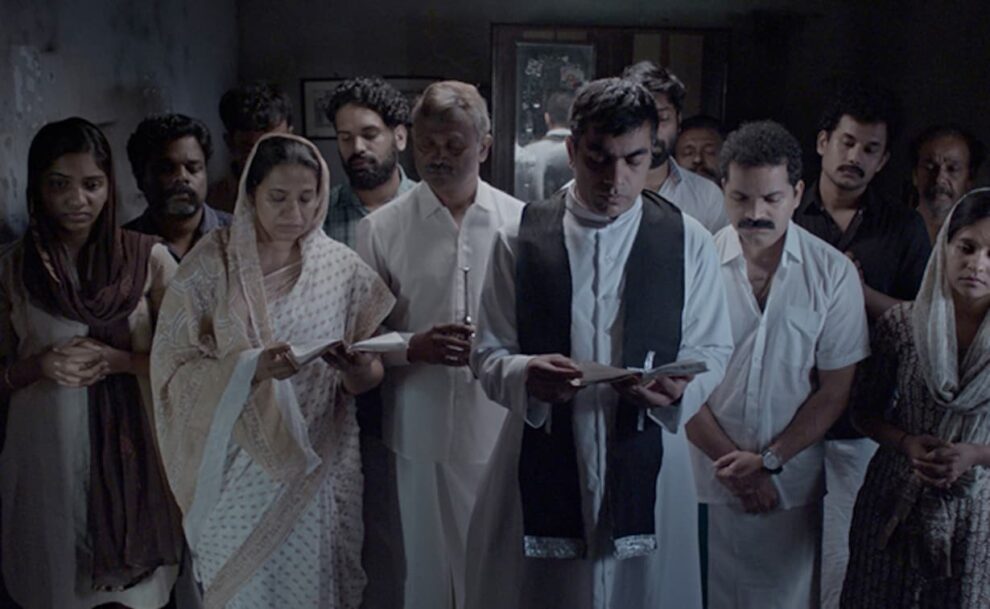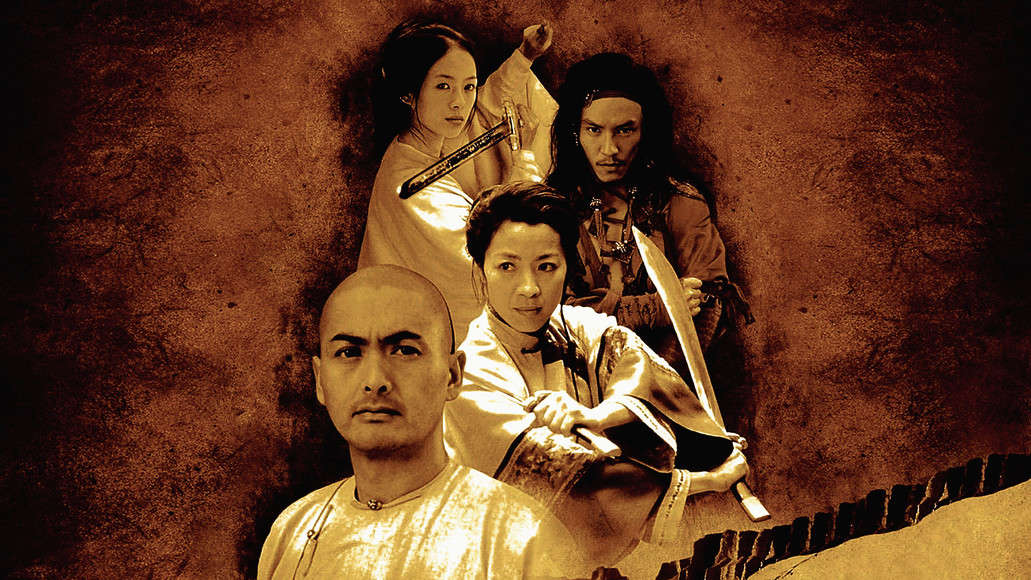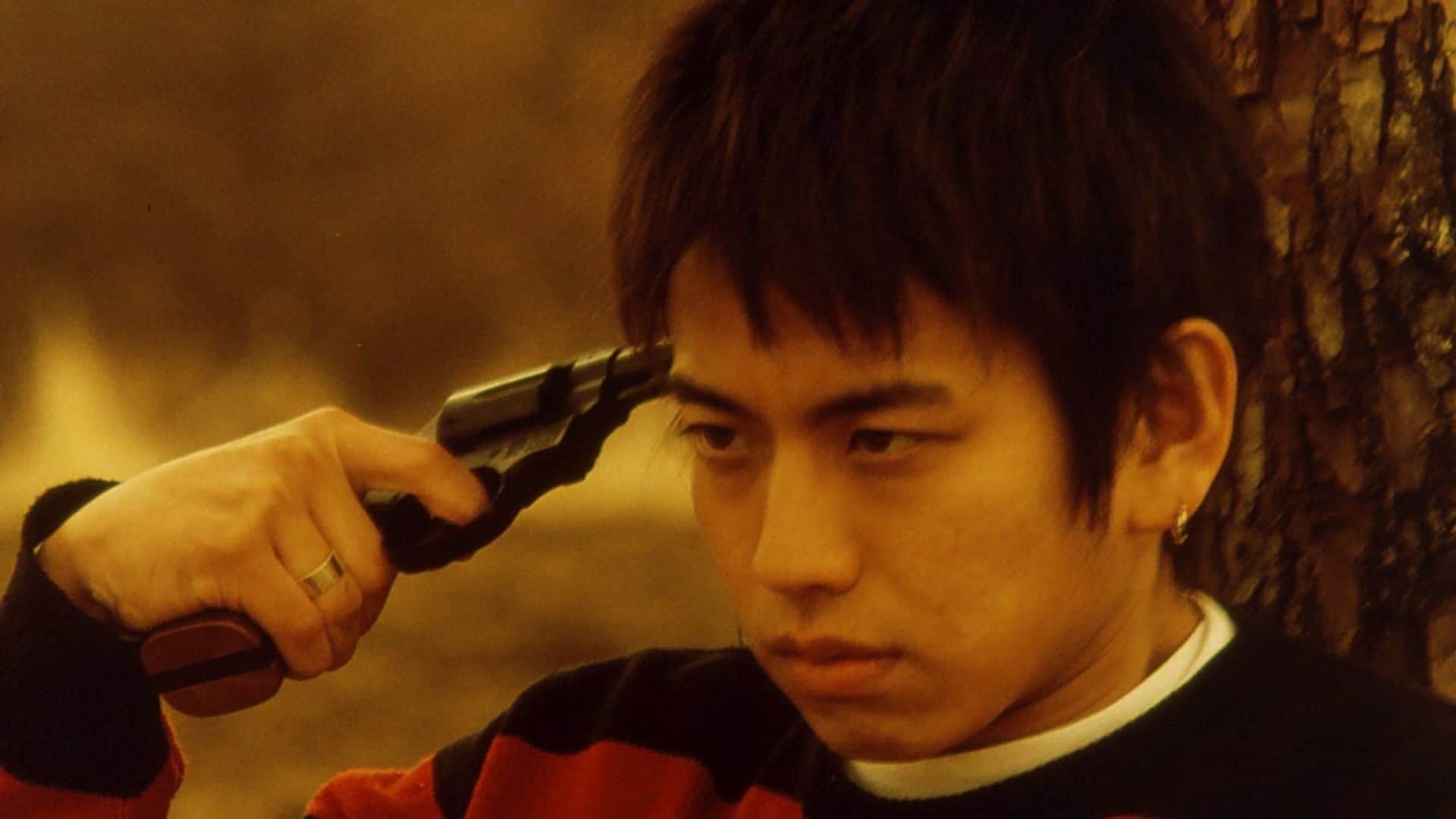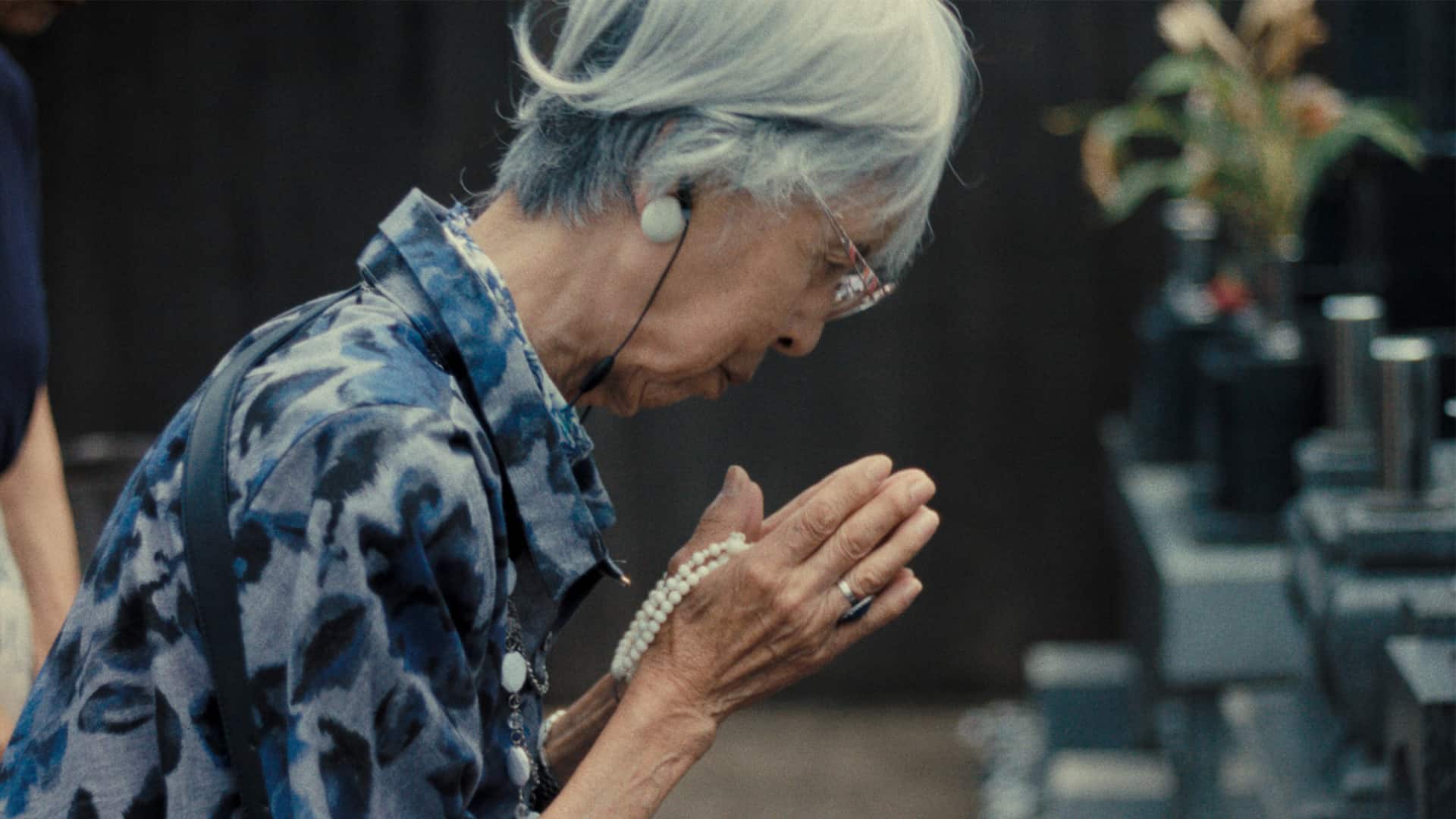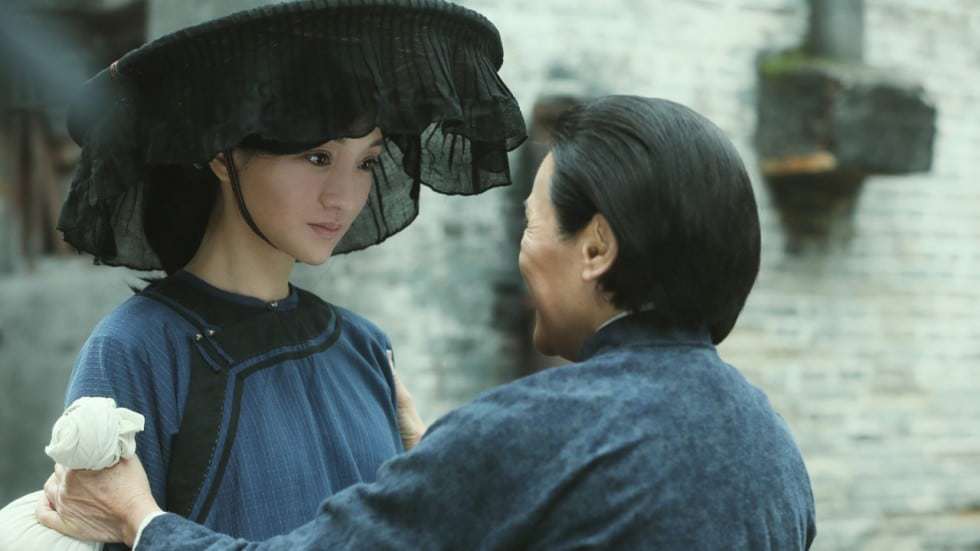In a recent interview with Variety, Indian director Don Palathara was asked about the inspiration for his latest feature “Family”, which marks a return to the themes and settings of “The Corpse” and “Seed”. “The Church was always the elephant in the room”, he explains about his family and growing up in a rural community, and how “Family” deals with the idea of feeling watched constantly, as well as being judged. The feature, which has its world premiere at International Film Festival Rotterdam, seems like a natural progression for Palathara at the same time, with its aesthetic approach asking the viewer to pay attention to the smallest of details in the picture and the characters we see on the screen. It is a fascinating approach, very cinematic, highlighting the importance of the composition as it may give clues to a hidden truth.
Family is screening at International Film Festival Rotterdam

In a small rural community, everything is defined by the rules of the seasons, the growing of the crops and the church. Indeed, one might consider it a big family, or at least people such as Sony (Vinay Forrt) do so, thus explaining why he would do anything for his fellow neighbors. From helping a woman taking care of her sick father to teaching a young boy poetry, there is seemingly no aspect of the daily life in this town the young man is not part of. Consequently, he is also a studious member of the Catholic church, supporting the priest and his nuns in their daily duties, whenever he can, and while his attitude is annoying and a little too self-important to some, the majority of the villagers are thankful to have someone like him around.
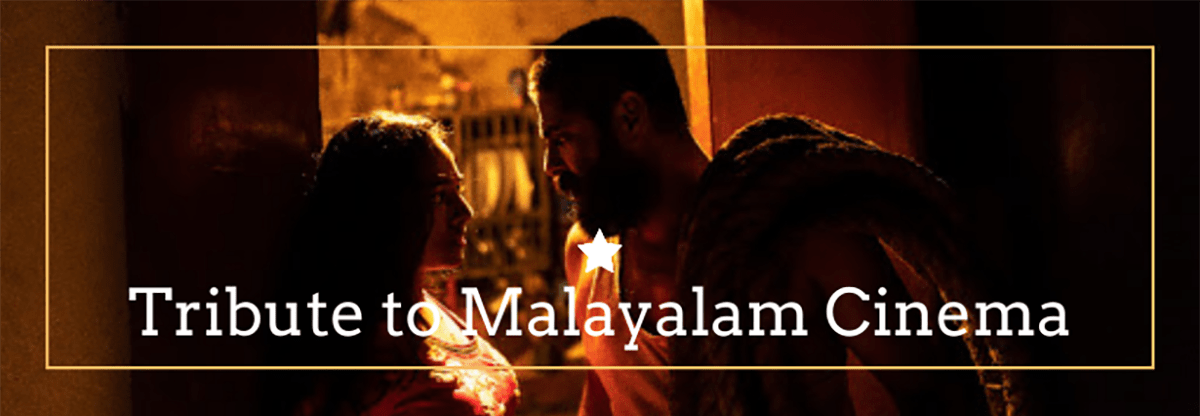
Lately, however, there have been occurrences, accidents and minor incidents, which have cast a few shadows on life in the town. With the news of a leopard terrorizing the farmer's animals and evading all traps, there are also some rather problematic missteps and observations from the people in the community. Of course, Sony tries his best to help and offer support, but perhaps this time he might also get caught up in these issues, some of which he might be the source of or help to make worse.
As mentioned in the opening paragraph, “Family” is a slow feature. Palathara and his cinematographer Jaleel Badusha take their time with each shot, often lingering a little longer in one setting, even though the action or dialogue has already happened. While these instances may be one way to contemplate on what has been said and done, it makes much more sense for the director asking his viewer to look closer at some details. As the movie progresses and we follow the daily routine of Sony and others, we notice, little by little, this harmonic community unfolding in front of our eyes, with the leopard not being the only danger looming in the corners. Palathara is rightfully no fan of melodrama, but a keen observer of his surroundings as well as a talented composer, for each shot in “Family” is skillfully structured and at times simply beautiful.
However, one of the most important factors for “Family” to reach its effect is Vinay Forrt's performance. While many actors in the ensemble have great scenes, Forrt's understated delivery is the heart and soul of this movie. It is a fascinating transformation right before the eyes of the viewer, when the all-too-friendly Sony suddenly shows a disturbing knack for getting involved in other people's businesses, with some of them rightfully complaining. He is not a villain, but he is no angel either, and while his public facade is stable most of the time, Forrt hints through the smallest of gestures and nuances that there is something boiling inside.
Something certainly happens with the viewer of “Family”, making Don Palathara's feature a fascinating experience. Its aesthetic approach and its performances are two aspects of a wonderfully crafted film, which does not give away too much of its mystery and just little by little introduces shades of poison into the harmonic facade of this small rural town.


